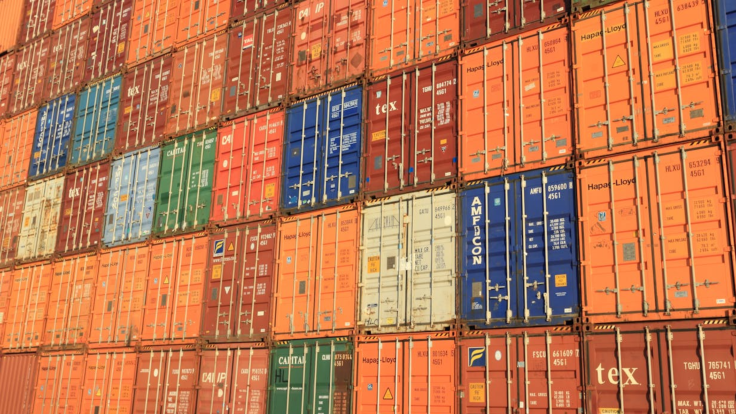A Blacklisted Russian Cargo Plane Was Just Allowed to Land in Africa: The Reason Why, Revealed
A Russian aircraft sanctioned by the US offloaded helicopters and planes in South Africa, raising questions about Pretoria's global alliances and trade future

A Russian cargo aircraft blacklisted by the United States has touched down in South Africa, discharging helicopters, aeroplanes, and general freight, in a move that has stirred diplomatic tension.
The plane, owned by Abakan Air, was previously blacklisted by the US Treasury's Office of Foreign Assets Control (OFAC) because of its role supporting Russia's defence industry during the war in Ukraine. South Africa's Department of Transport approved the arrival despite the operator's sanctioned status, claiming no awareness of US sanctions.
Permit Approved Despite Blacklist
Tracking data shows the Ilyushin IL‑76 aircraft flew into Upington via Dar es Salaam and refuelled at Lanseria Airport near Johannesburg before landing. It arrived heavily loaded, but left with its hold empty, after offloading civilian helicopters, acrobatic aircraft, and other cargo. Prior to the South Africa leg, the same aircraft had been in Iran for an extended period.
On 9 September, Abakan Air applied for a foreign operator permit, which was granted on 23 September by the Department of Transport. According to spokesperson Collen Msibi, the cargo was declared as general freight, civilian helicopters and acrobatic aeroplanes, and no government had informed them of any blacklist status for Abakan. Msibi added that the operator is not blacklisted under South African jurisdiction and that Pretoria had no record of any notification from other states.
When asked whether the Department of International Relations & Cooperation (DIRCO) was informed, spokesperson Chris Phiri declined to comment and referred queries back to the Department of Transport.
Timing Matters: US Relations and Trade Risks
Observers point out that this landing took place soon after the expiry of the African Growth and Opportunity Act (AGOA). The AGOA is a United States trade programme established in 2000 to promote economic growth and development in sub-Saharan Africa, which had allowed eligible African countries to export thousands of products to the US duty-free. To qualify, countries needed to meet certain criteria related to human rights, rule of law, and economic policies. The AGOA had been a key tool in supporting African exports, especially in textiles, agriculture, and manufacturing sectors.
With that end to preferential access, relations between Washington and Pretoria have become more volatile, particularly under a US administration seeking stricter foreign policy alignment.
Sources say US lawmakers are now considering legislation to reevaluate ties with South Africa, citing perceived support for nations antagonistic to the US. The landing may become one illustration in arguments against South Africa's current diplomatic stance.
Financial Flags
Abakan Air is listed on a debt watchlist over arrears for aviation services including fuel. That background adds another layer of concern about allowing a blacklisted operator to carry out such flights, marking another point of tension between Pretoria and Washington, illustrating how trade, sanctions, and geopolitical alignment are increasingly entwined.
By allowing the landing, South Africa may have placed its strategic and economic interests under renewed scrutiny, as experts say this very well may shape future policy on permitted operators and influence how Pretoria balances relationships between rival world powers.
© Copyright IBTimes 2025. All rights reserved.





















